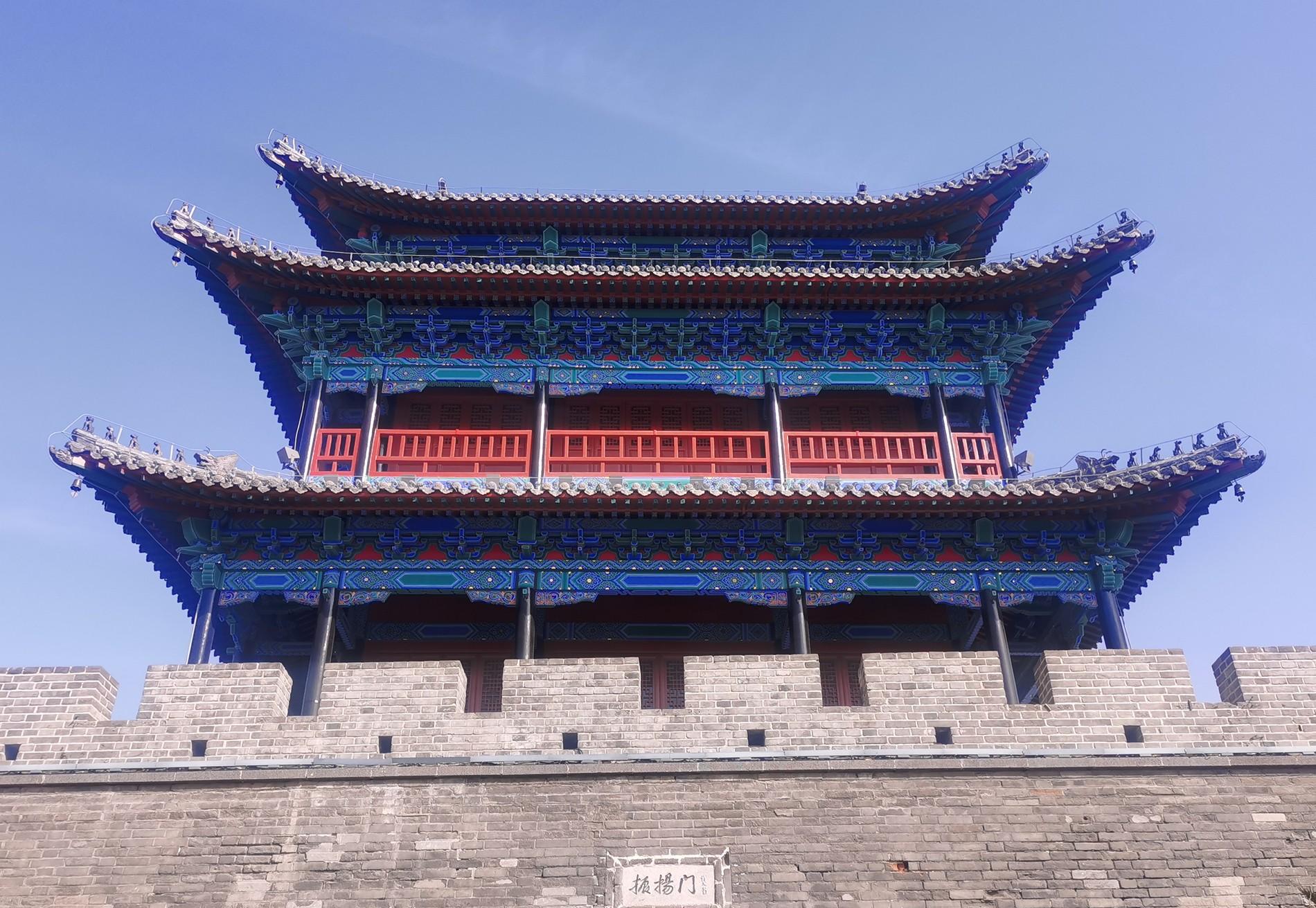Material analysis is a common question type in the middle school history exam, and I believe many friends are impressed.
The original intention of this kind of question is to test the candidate's ability to summarize information and logical reasoning - although in practice, it is easy to become a memorization ability assessment.
After graduation, although there are no more exams. But "material analysis" is still with us. As long as you read a book and read a word, you can think of it as a large "material analysis" process to explore the information that is implicit in the words.

The next jiaodong historical story to be introduced can be transformed into a very intriguing material problem. The following is in this form, to share with you.
Please read the following material first -
On the 29th of September (Xianfeng 11th Year), Penghuang Merchants donated rice boats to Zifengtian. Peng Huangzhi was a trader in Fengtian, wendeng County had a police, and the county town received many refugees, fearing that they would not have enough food, and donated 1,200 stones of rice to help the army eat. To be, to be in the boat, to be in the situation, to be prepared. Later, due to the lack of military supplies, the price changed and returned. —— "Dongmu Shoucheng Jiluo" (Note: Author Dai Xieyuan)
What information can be obtained through the above?
Literally, it basically means that at the end of September of the eleventh year of Qing Xianfeng, Penglai and Huangxian merchants who were trading in Fengtian donated 1,200 stones of grain and transported it to Dengzhou by ship. The reason why they made such a move was that they heard that there was war in their hometown and that there were many people taking refuge in the city, so they donated money to buy grain.
And if you taste carefully, you can find at least three other information points worth continuing to ask: 1. Why was there war in the Dengzhou area at that time? 2. How did the Penghuang merchants in Fengtian get the news? 3. Twelve hundred stones of grain is not a small amount, how can they donate so much?
Combined with the historical background, following the above questions, we can draw these inferences: 1. The period of the Twister Army's attack on Jiaodong (from the end of September in the eleventh year of Xianfeng) had a great impact on the local area (many refugees hid in the city). 2. During the Xianfeng period, there was already a relatively smooth communication system between jiaodong peninsula and Guanwai. 3. The number of people who broke into the Kanto in Penglai and Huangxian counties is not only large, but also has a tradition of doing business and has corresponding economic strength. 4, these businessmen who broke into the Kanto, the concept of hometown is relatively strong.
Due to the relatively large amount of information contained, this material can actually be used as evidence for papers from different angles, such as studying the influence of the Twist army, studying the communication network of the Qing Dynasty, studying the Penghuang folk style, and the local concept of the Qing Dynasty.
Personally, I am more concerned about this last point. The wanderer sees that there are difficulties in his hometown and generously donates, this feeling is simple and precious, and it is touching to read. The local concept embodied in it is of practical significance even today.
Of course, other information points can also be summarized through the material just now. The benevolent see the wise and the wise see the wise, and here they are not all.